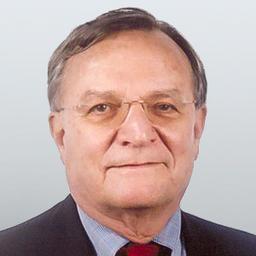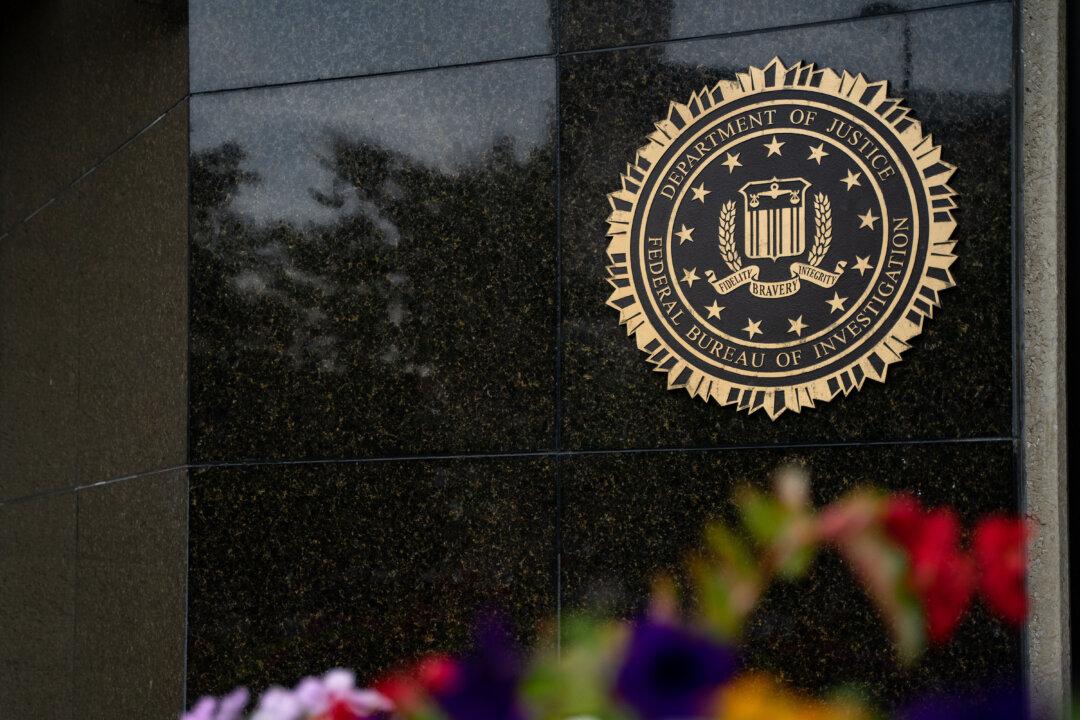Commentary
Before he delivered it, President Joe Biden’s State of the Union Address was widely expected to be a “reboot” or a “reset” of his floundering presidency—an acknowledgment of past mistakes while setting at least something of a new course for the future in order to avoid making any more of them.





